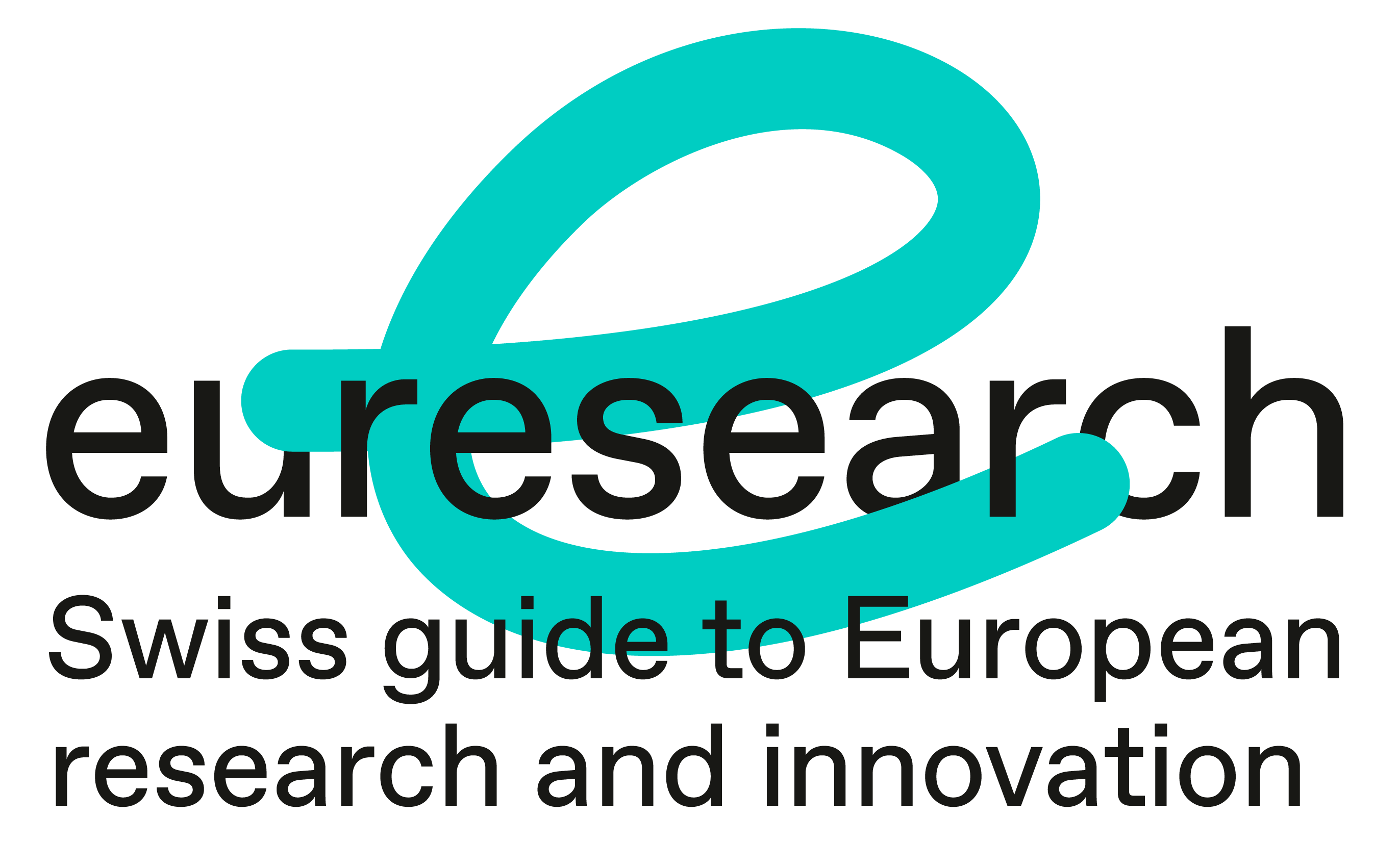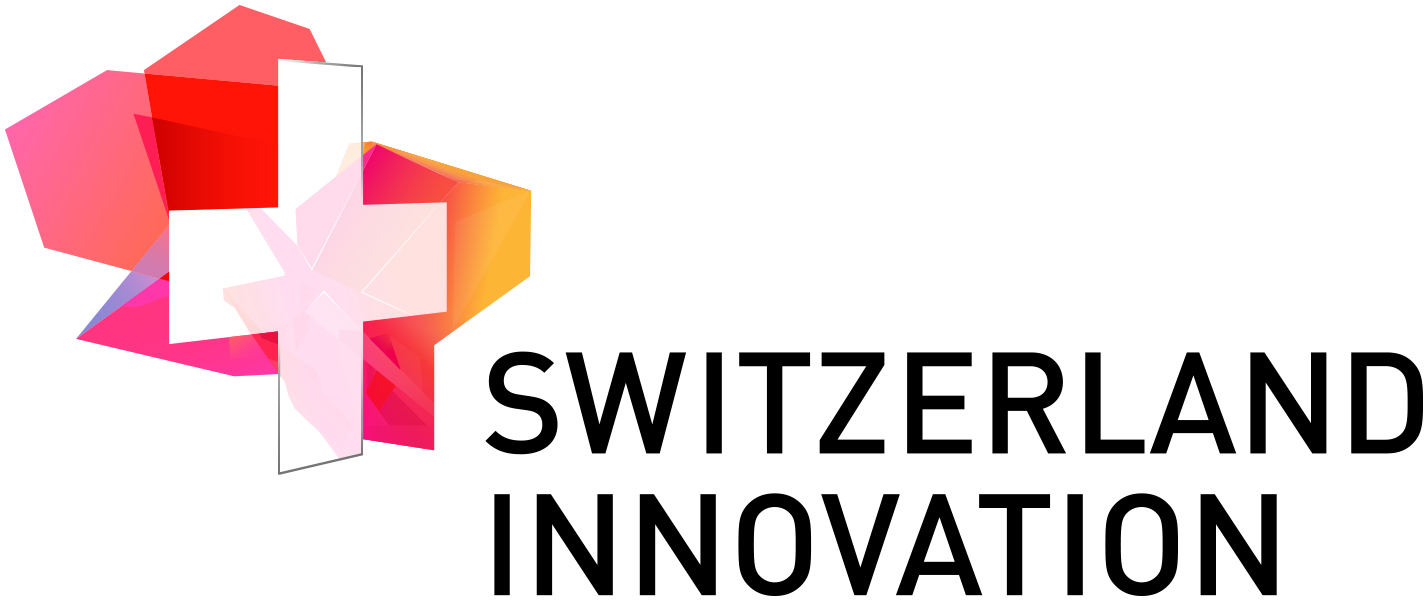What is research.swiss?
research.swiss is a centralised platform showcasing scientific and technological cooperation opportunities between Switzerland and the rest of the world. Launched by the Swiss State Secretariat for Education, Research and Innovation (SERI) in collaboration with Swissnex, the new platform aims to facilitate collaboration in research and innovation by providing researchers, higher education institutions and innovators with a unique overview of the most important funding instruments, calls for joint research projects, and mobility programmes. As a small and landlocked country in the heart of Europe, Swiss research and innovation is already very international.




